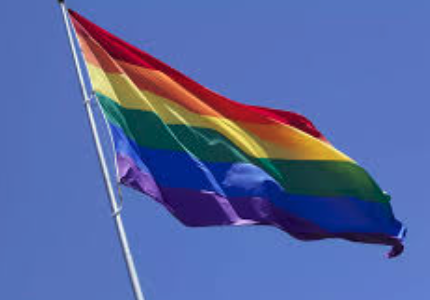UNAIDS applauds judgement on Namibian Sodomy Law

UNAIDS applauds the judgement by the Constitutional Court of Namibia, striking out as unconstitutional the law which had criminalised same-sex relationships. The court found the law incompatible with the constitutional rights of Namibian citizens. This decision, which is in line with a series of judgements by courts in Southern Africa in recent years, marks a significant victory for equality and human rights for all Namibians and will help protect the health of everyone.
“This decision by the Constitutional Court of Namibia is a powerful step towards a more inclusive Namibia,” said Anne Githuku-Shongwe, UNAIDS Regional Director for East and Southern Africa. “The colonial-era common law that criminalized same-sex sexual relations perpetuated an environment of discrimination and fear, often hindering access to essential healthcare services for LGBTQ+ individuals. To protect everyone’s health, we need to protect everyone’s human rights.”
Originally introduced during colonial rule in Apartheid South Africa and maintained in Namibian law when the country gained independence in 1990, this law had been used to rationalize discrimination against LGBTQ+ people in Namibia. It not only violated the constitutional rights of Namibian citizens but also posed a challenge to public health. The climate created by the law discouraged LGBTQ+ individuals from seeking HIV testing and treatment, undermining efforts to control the epidemic.
“By decriminalizing same-sex relationships, Namibia creates a safer environment for LGBTQ+ communities,” said Ms. Githuku-Shongwe. “This allows them to access vital healthcare services, contributing to the global goal of ending AIDS as a public health threat by 2030.”
UNAIDS urges all countries to follow Namibia’s lead, remove punitive laws, and tackle prejudices against lesbian, gay, bisexual, transgender, and intersex people. Since 2019, Botswana, Gabon, Angola, Bhutan, Antigua and Barbuda, Barbados, Singapore, Saint Kitts and Nevis, the Cook Islands, Mauritius, and Dominica have all repealed laws that criminalized LGBTQ+ people.
-UNAIDS